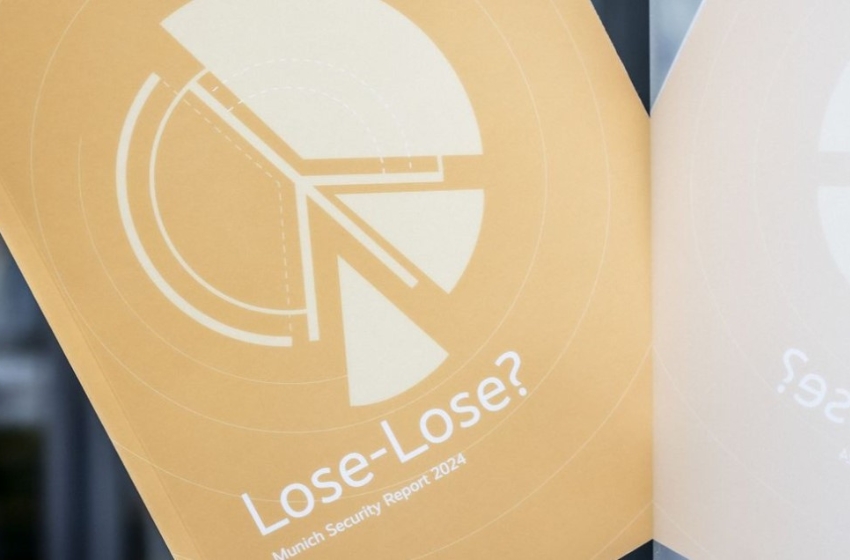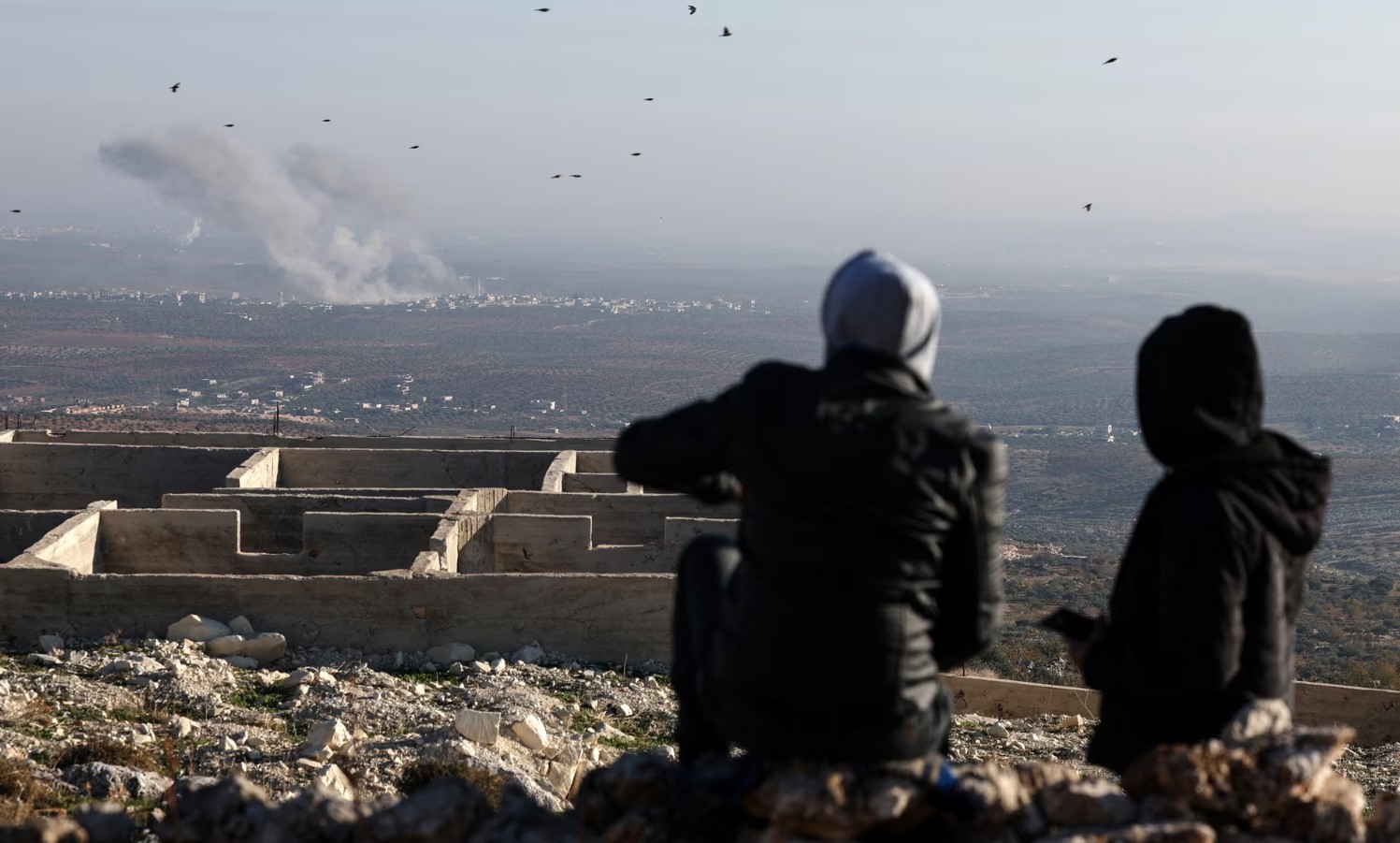The Munich Security Conference presented its annual report on the world situation titled "Lose-Lose?" The authors of the report argue that the traditional order of international cooperation has proven ineffective in addressing new political crises. Countries around the world are cooperating less and more often prioritizing their own interests. As a result, experts believe that in most current crises, all involved parties are losing, and political uncertainty is increasing.
Analyzing the situation in Eastern Europe, the report's authors note that "Moscow's imperial ambitions have already led to war and have thwarted all plans for joint security work in the near future." Ultimately, everyone loses: Ukraine risks its very existence as an independent state, but the war also inflicts enormous harm on the population of Russia, and Europe can no longer enjoy the usual benefits of peaceful existence and is forced to invest finances and efforts in its own defense and in support of Ukraine.
As the report's authors point out, nearly two years into the war, fear of Russia has significantly diminished worldwide. According to surveys, Russia is now only mentioned as the main security threat by residents of the United Kingdom and Japan. For citizens of Germany, Russia ranks seventh in their list of threats, and for Italians, it is twelfth. In many countries, people are more concerned about mass migration, radical Islamism, including Iran's policies, and climate change. In China and the United States, citizens consider cyberattacks to be the main threat.
Many observers are concerned about the increasing tension in the Indo-Pacific region and China's militarization. As a result, many countries in the region are seeking closer ties with the United States and attempting to reduce their economic dependence on Beijing, worsening the political and economic situation for both China and the United States.
Similarly, experts believe that "everyone loses" from the escalation of violence in the Middle East. After the attack on October 7, 2022, by the Islamist group Hamas, recognized as a terrorist organization by the US and the EU, Israel not only suffered losses among civilians but also lost its sense of security. Its retaliatory strikes lead to mass casualties among the residents of the Gaza Strip and to a humanitarian crisis there. There is also a danger that instability will spread to other countries in the region where Islamist groups supported by Iran operate.
Similar trends are observed in Africa, where military coups occurred last year in Burkina Faso, Mali, and Nigeria. Local residents are losing chances for democratic progress, and the US and EU are losing reliable partners.
The Munich Security Conference is taking place this week. Ukrainian President Volodymyr Zelensky is expected to participate, as well as the heads of foreign ministries of leading Western countries.





















